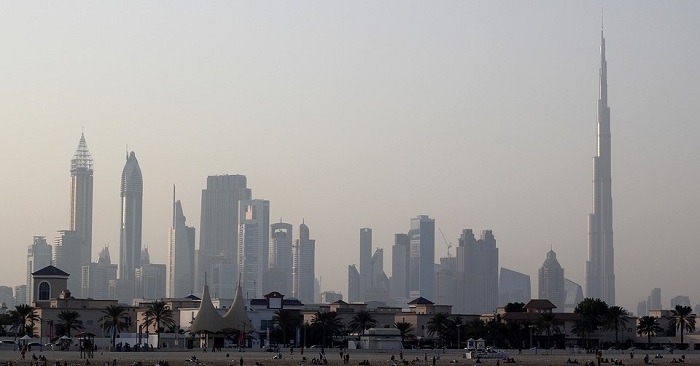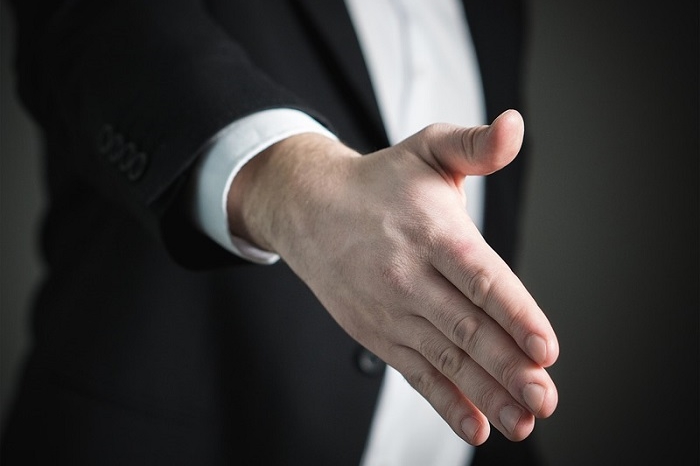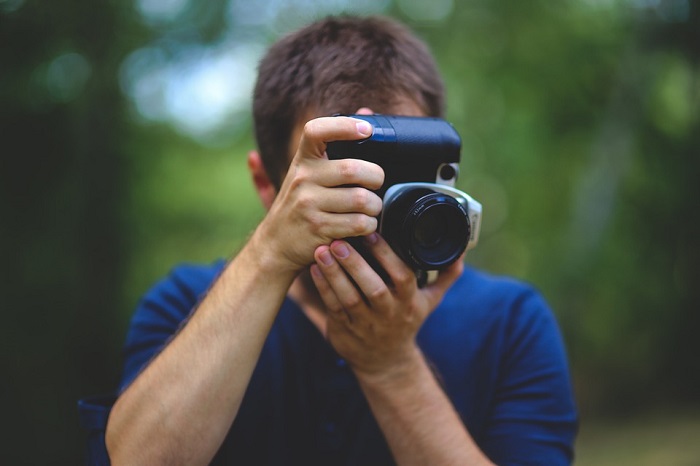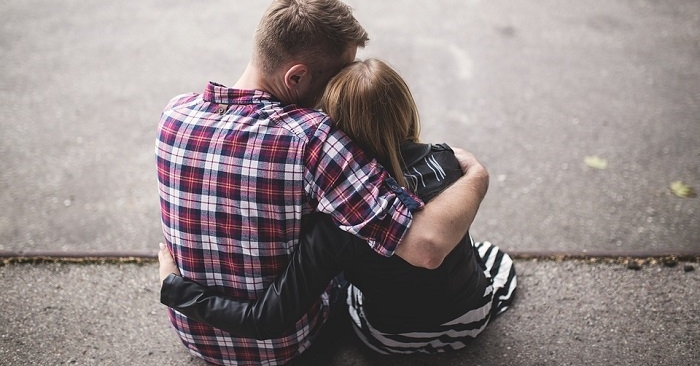The UAE prides itself for being a modern, progressive country with a diverse and multicultural population. That being said, it is still a Muslim country that follows Islamic laws, which prescribe specific guidelines for social etiquette, dress code, and public behaviour.
If you are a first-time visitor in the UAE, there are certain things you should know about how to behave. In this article, we present some social etiquette “rules” that everyone should be aware of. By following them, you are being respectful and considerate of the local culture and religion.

Guide to Proper Social Behavior in the UAE
When it comes to dress code, eating and drinking, meetings, and social etiquette — here are some reminders on how to behave while staying in the UAE:
Dress Code
The dress code in the UAE is not strict, and people can pretty much wear anything they like. However, everyone should dress modestly, especially when out in public or visiting a mosque. More specifically:
- Clothes that cover a person’s shoulders, arms, and legs are recommended.
- When visiting mosques, women are expected to cover their heads with an abaya.
- Swimwear should be worn only in swimming pools, beaches, and water parks.
- Clothes displaying words or images that are offensive to local culture and religion are not allowed.

Food & Dining
When you are invited to share a meal with your host, keep these in mind:
- Be sure to accept food and drinks first before discussing business or other matters.
- Use your right hand when eating and accepting food/drink; this is the common practice here.
- Offering food before you eat is considered polite. It may be declined, but the act of extending an offer is important.

Drinking Alcohol
Drinking alcohol is forbidden to Muslims, and it is illegal in the emirate of Sharjah. On the other hand, for non-Muslims:
- Drinking is allowed in some hotels and restaurants that are licensed to serve alcohol.
- You need a license to be able to purchase alcohol.
- Getting drunk in public is a criminal offence; so is driving under the influence of alcohol.

Social Gatherings
If you are invited to a social gathering, take note of these reminders:
- Remove your shoes at the entrance.
- Male and female guests may be escorted to different areas.
- Stand up when greeting a new guest, a person who is older, and a high-ranking person.
- Some locals may prefer not to shake hands because of religious reasons. And so, when greeting a Muslim person of the opposite sex, do not offer to shake hands — unless they offer their hands first.
- Do not point with your finger; use your whole hand to gesture instead. Do not cross your legs in front of an important guest as this is considered rude.

Taking Photos
Before you bring out your camera and snap away, don’t forget to follow these rules:
- Do not take pictures of people without their permission.
- Do not take pictures of certain government buildings and military structures.
- Do not take pictures of planes and aircraft; this is considered an offence.

Social Etiquette
Here are some more guidelines when it comes to social behaviour:
- For couples, holding hands is okay, but hugging and kissing in public should be minimal.
- Uttering bad language, making obscene gestures, and causing noise disruptions are considered disrespectful and could land you in jail.

Just like in other countries, the UAE has guidelines for dressing up, dining, and social behavior. As long as we are living and working in this country, we should strive to follow these rules at all times. Check out these do’s and don’ts in the UAE for more information.

Comments are closed.